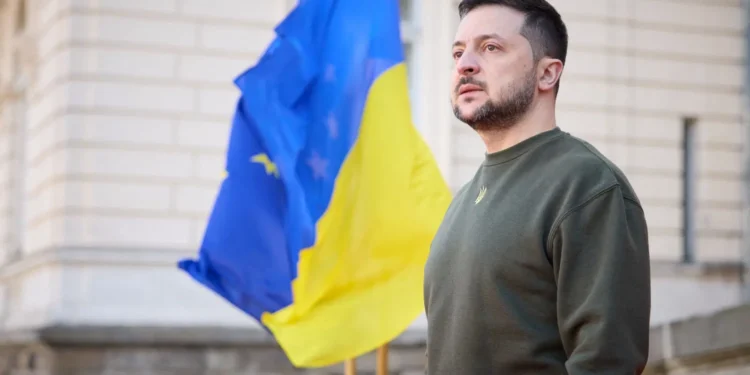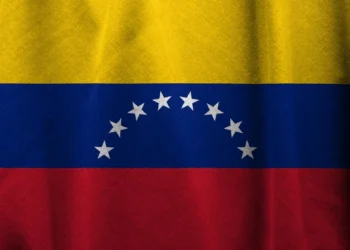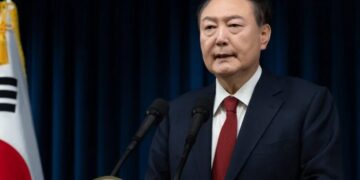Pressure mounts on Zelenskiy as West calls US plan “fixable,” and this pressure is shaping every conversation happening around the war right now. Western leaders say the American proposal can be improved, but they also know that time is running. This mix of urgency and fear is creating a very tense moment for Ukraine as global powers try to decide the future of the conflict without breaking the fragile relationships holding them together.
The Actual Situation Before the Politics Began
The core news is simple: Western leaders met on the sidelines of the G20 summit and agreed that the U.S. plan could be a starting point, but it needs more work. They want a version that will protect Kyiv better, but at the same time they don’t want to trigger any public fight with Washington.

Zelenskiy, meanwhile, is being given an extremely tight deadline by the U.S. President to accept a plan that demands territory concessions, limits on Ukraine’s military, and even restrictions on NATO ambitions. That is the weight sitting on him right now.
Leaders Try to Balance Honesty and Diplomacy
All the European leaders know the plan has big problems, but they are trying to choose their words carefully. They don’t want to insult the United States, because America still has the strongest influence on the battlefield.
They don’t want Ukraine to feel abandoned either, because the moment Kyiv senses betrayal, Europe’s moral position collapses.
So they are walking a thin line: praise the effort, criticise the content, and hope the whole thing can be reshaped before Thursday.
The Quiet Fear in European Capitals
When Western leaders say the plan is “fixable,” what they mean is that they want to remove the parts that would leave Ukraine weak.
One major concern is that the limits on Ukraine’s armed forces could make the country vulnerable to another attack later. Nobody wants to sign off on a peace that only delays another war.
But Europe also knows it does not want a public clash with Trump. That fear is guiding many of their statements.
Zelenskiy’s Emotional Position
For Zelenskiy, this is more than diplomacy. He told his people that Ukraine faces a choice between losing its dignity and losing support from its biggest ally. That kind of comment shows how cornered he feels.
He knows rejecting the plan may cost him American backing.
He also knows accepting it may cost him the trust of his own people.
A Hard Deadline Shaping Everything
Trump’s deadline is Thursday. That kind of fixed date forces everyone to move faster than they want to.
Zelenskiy knows that once the deadline expires, the U.S. may say it has done its part and shift responsibility back to Europe.
European leaders know that if Ukraine refuses the plan outright, global opinion may blame them for pushing Ukraine toward defiance.
Everyone is trying to avoid being accused of “letting the war continue.”
One small detail reveals everything: the leaders reportedly met in a room called “lion,” and some even said they tried to adopt that spirit.
It shows they are trying to project courage, unity, and strength—but it also shows they know the danger of appearing weak at such a moment.
When leaders start talking about symbols, it usually means the pressure is very real.
Ukraine’s Attempt to Regain Control
Ukraine announced it would hold talks with senior U.S. officials in Switzerland. This is Kyiv’s way of showing it is not refusing peace talks.
They want to prove they are serious but not desperate.
They want to show the world they will negotiate, but not surrender their future.
Zelenskiy even said this moment is about something bigger than any document. It is about showing the world that aggression should never be rewarded.
Europe’s Worry About a Fragile Future
European leaders also raised concerns about NATO and EU elements of the plan.
They do not want any rule that weakens their own institutions.
They want a peace that strengthens Europe, not one that makes the continent look divided or fearful.
This is why they keep using the word “fixable.” It gives them diplomatic space. It means they can criticise without offending.
Bottom Line
Nobody wants to take responsibility for a bad peace deal, but everybody wants the war to end.
The West wants improvement, the U.S. wants speed, and Ukraine wants survival.
The coming days will show whether the plan becomes a genuine path toward peace or another moment where powerful nations push Ukraine into a corner.
Zelenskiy faces one of the hardest choices of his presidency.

















